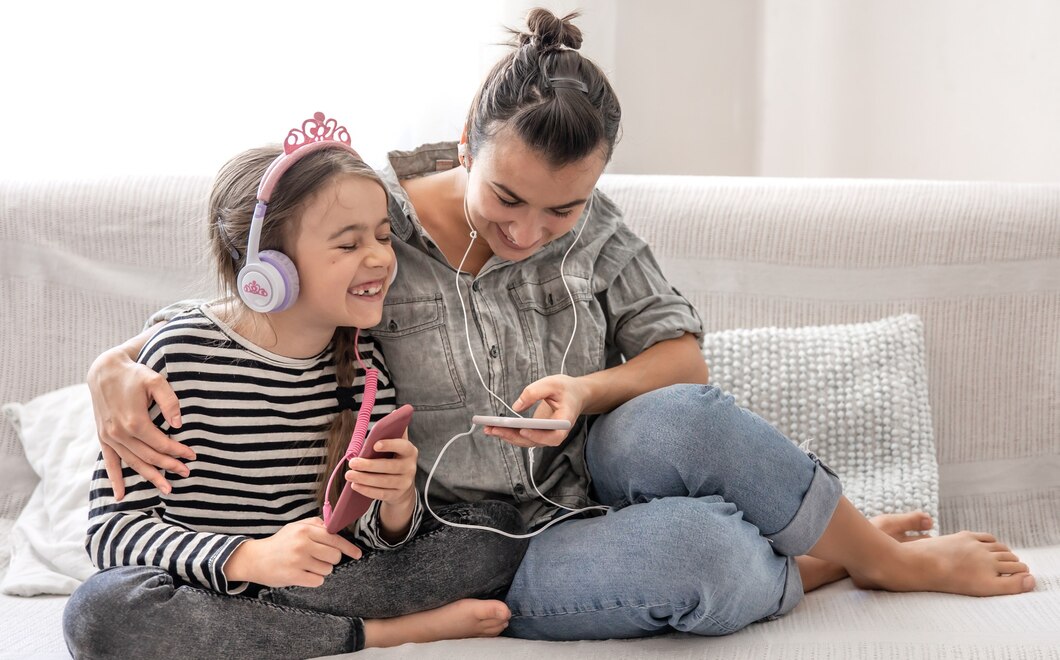Too much screen time impairs sleep for children and adolescents, and it’s largely the content on those screens that keeps them awake. But it remains less clear whether the light from those screens also impairs sleep or whether and how screens directly disrupt adults’ sleep, too. In general, screen use impairs sleep health among children and adolescents.
The content of screen use before sleep impairs sleep health of children and adolescents. Behavioral strategies and interventions may attenuate the negative effects of screen use on sleep health. Use of screens by children and adolescents can disrupt their sleep. Screen use before bed has the biggest impact. Viewing exciting and engaging content can impair sleep. What can help reduce the effects of screen use on sleep health? Talk with children about how using tech and screens can impact sleep. Set time limits around screen use, especially at night.
Supervise content at night: Avoid stimulating or upsetting material. Implement early, regular and relaxing bedtime routines without screens. Model appropriate nighttime screen use yourself. Their bodies are naturally shifting toward later bedtimes and they have to get up early for school, so they are often very sleep deprived anyway and may be more susceptible to the impacts of media use Having parents supervise content and model good screen use behavior for their children can help mitigate the negative effects of screen use on sleep, the panel concluded. Addressing screen use in youth really involves the whole family,” said Hartstein. “It’s important for parents to talk to children about how they use technology and how it could affect their sleep so they can build healthy habits that last a lifetime.
The Light Or The Content What We Know About Screens And Sleep Disruption



